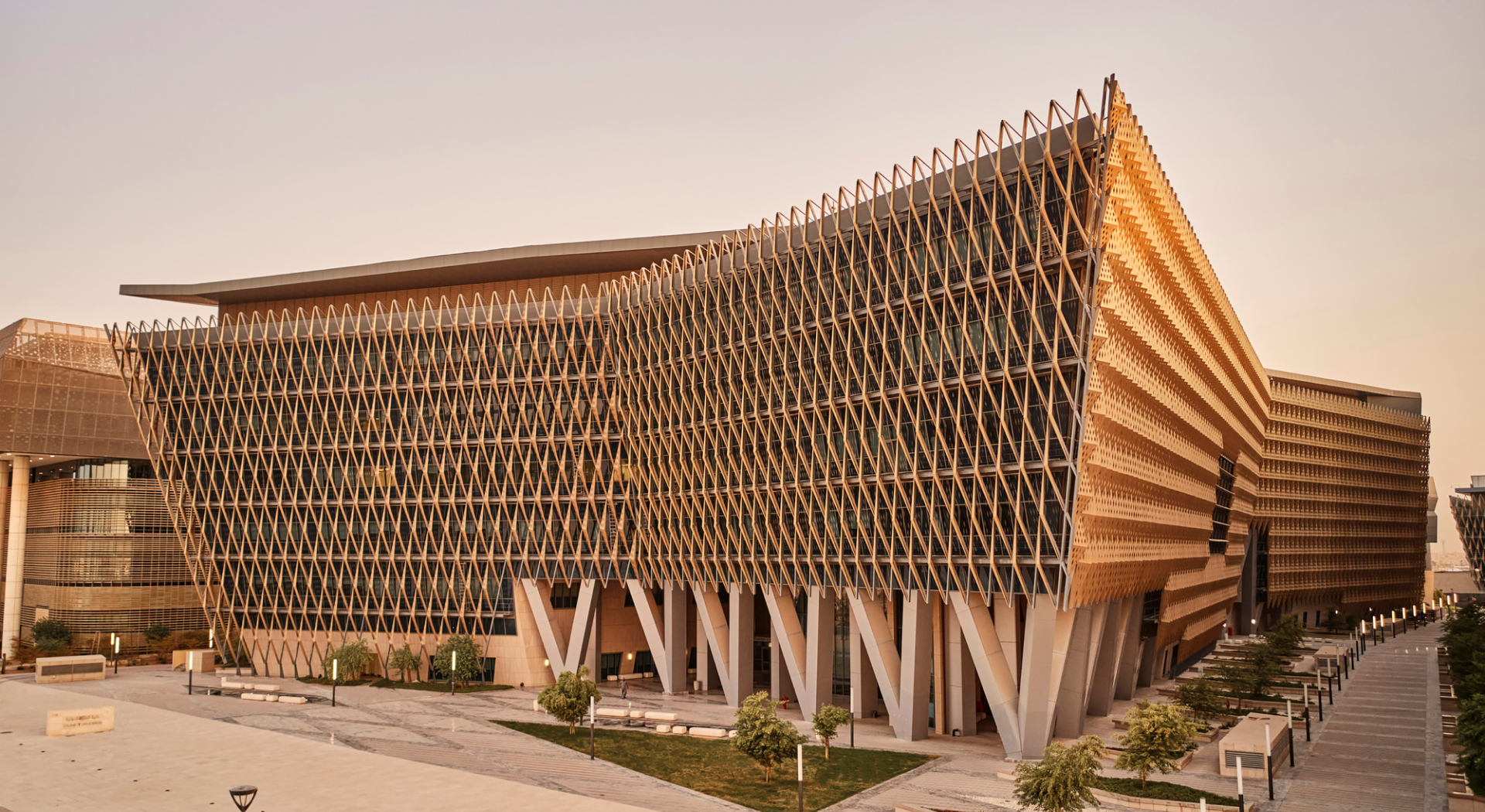
Under the patronage and presence of Kuwait University professor Hussein Ahmed Al Ansari, Research Sector affiliated to Vice President for Research Office held a seminar entitled "The Future of the Petroleum Countries: Challenges, Risks and Opportunities" in cooperation with the Energy Unit at the Center of Excellence- College of Business Administration.
The oil expert Dr. Majid Abdullah Al-Munif , economic professor at King Saud University in Riyadh, OPEC Governor and Secretary-General of the Supreme Economic Council of the former Saudi Arabia, delivered the lecture on Monday, November 27, 2017, in the conference hall 119 - Khalidiya.
Prof. Al Ansari said that there are many solutions and positive signs that call for optimism first of all, the vision of His Highness the Amir to transform Kuwait into a regional financial and commercial center, as there are many strategic projects such as the development of the Kuwaiti islands , Hareer City project and Many youth projects supported by the National Fund for the care and development of small and medium enterprises, noting that Kuwait University also initiated a number of conferences, seminars, workshops, exhibitions to support student projects and encourage innovation and entrepreneurship. Aiming to empower students and hone their skills in preparation for their involvement in the labor market.
Prof. Al-Ansari pointed out that the Kuwaiti economy needs a lot of efforts to diversify sources of income in order to promote competition and ensure stability and growth. The focus is on industrial development - financial services and asset management - allocating sectors such as postal, transport and health services, Strengthening the active partnership between the public and the private sectors in projects such as electricity and metro Kuwait -labor cities, as well as investing in the tourism sector Entertainment and other promising opportunities in other sectors.
Dr. Majid Al-Munaif indicated that technological development, low cost and favorable government policies will increase the share of renewable energies (solar and wind) in the total mix of global energy consumption and that about 40 percent of electricity generation capacity that will be added over the next 20 years will be renewable energies. China, will have the highest share of these generating capacities. The increase in renewable energy will be at the expense of coal and oil.
. He added that China will lead the development of technologies , the spread of renewable energies and electric cars worldwide, as the demand in developing countries will cover the decline in demand of industrialized countries, which will make most of the increase in global demand until 2040 from those countries, excluding the arrival of global demand for oil to Peak in the first half of the 21st century.
On the production side, Dr. Al-Munaif discussed the technical developments and the low cost of developing unconventional oil (especially shale oil), as well as expected increases in the production of gas liquids from the development of shale gas in the United States and traditional gas in the Middle East, expecting the decline in conventional oil production from non-OPEC countries due to field obsolescence and covering the Middle East more than 70 percent of the increase in conventional oil production worldwide.
He stressed that it seems that the oil outlook is relatively pessimistic, but the Gulf countries should take those expectations seriously and adapt economic, financial, commercial and employment policies that seek to diversify sources of revenue and components of GDP and energy mix. This can only be achieved by changing the development model and mindset Changes in world energy markets and demographic changes in their countries.


 Colored
Colored Grayscale
Grayscale

